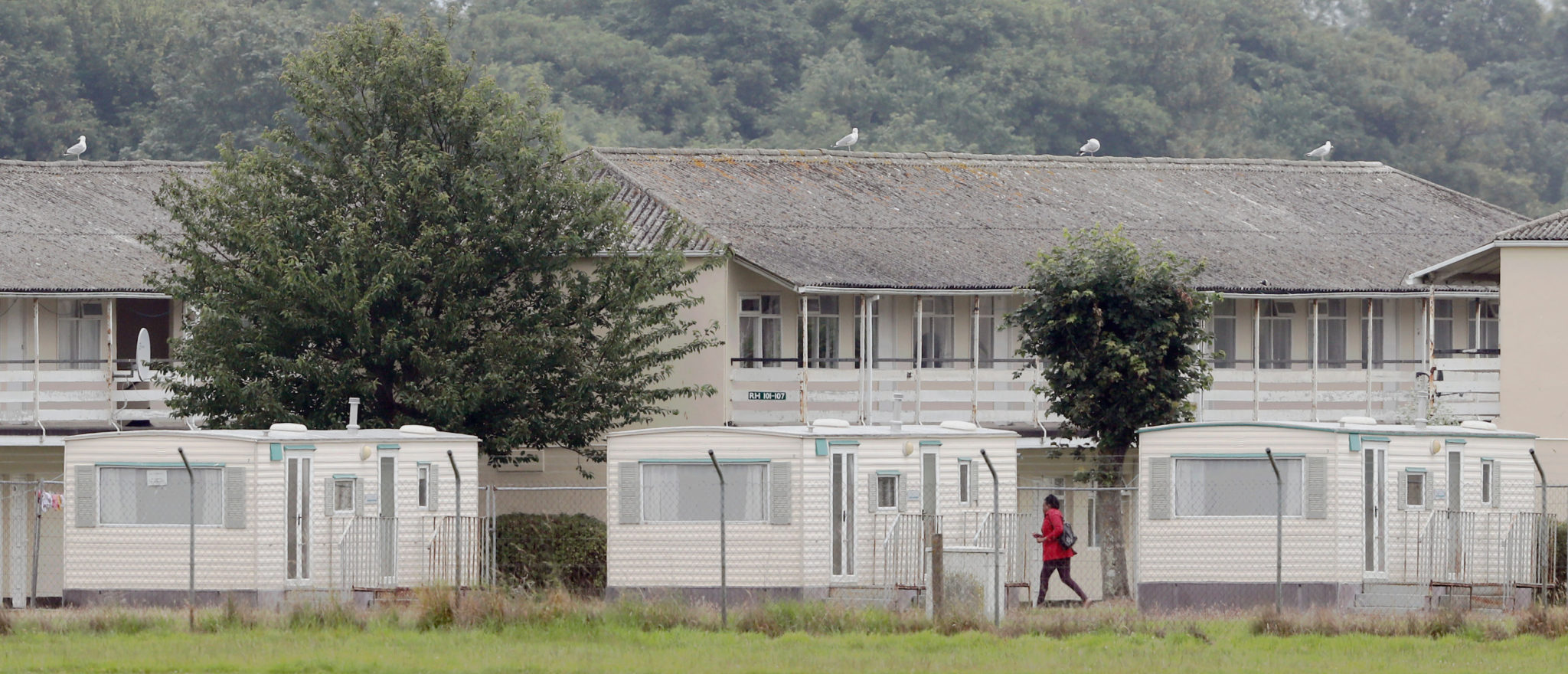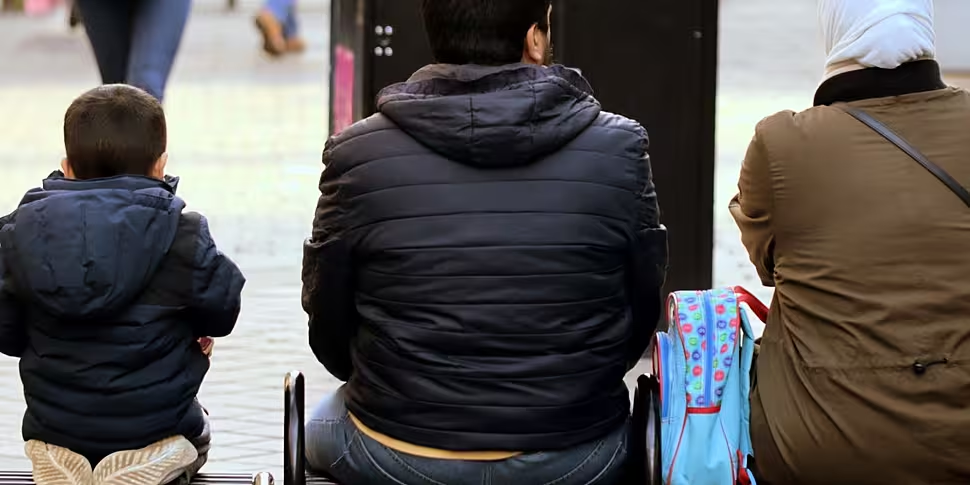Asylum seekers feel “let down” by the preferential treatment received by Ukrainians since the start of the war.
After Russia invaded their country, the European Union decided that all Ukrainian citizens would be allowed to live and work in the bloc until at least March 2024.
By contrast, people who arrive in Ireland having fled war and persecution from other countries, must lodge a formal application for international protection; it is a process that can take many years as officials’ probe the merits of each claimant’s case.
Speaking to Moncrieff, Fellipe Lopes of the Immigrant Council of Ireland said that many question whether they are being treated fairly.
“They were like, ‘Okay, that’s an interesting situation where they’re welcoming Ukrainians’... but they started to ask, ‘Why not us? It is because I’m from Syria, the Congo or Zimbabwe? Or because of the colour of the skin? What’s the reason?’
“They are in a situation where they feel let down. They feel that there is a difference there.”
Mr Lopes added that the Irish Government’s response to the Ukrainian war has been “a really good thing” but that same wholehearted welcome should be extended to other people as well.
Many asylum seekers are housed in Direct Provision - a system that dates back to 2000. It has often been criticised as inhumane and for providing residents with a poor standard of living.
 A general view of the Mosney Direct Provision centre in Co Meath. Picture by: Niall Carson/PA Wire
A general view of the Mosney Direct Provision centre in Co Meath. Picture by: Niall Carson/PA WireThe Programme for Government agreed to replace the system but officials have since said they will have to delay the date because of the pressure they are under to find housing for Ukrainians.
“The Temporary Protection Directive [for Ukrainians], it’s not a perfect system but what I’m saying is, it provides easier integration into society - whereas Direct Provision doesn’t,” Mr Lopes added.
“So, they are not happy, they are feeling frustrated, they are feeling let down, they are feeling some sort of difference and… as a society we should be looking for equality, respect and solidarity for every single one.”
He believes that abolition of Direct Provision would “change the system and it will change the approach in how we are welcoming those asylum seekers.”
Roughly 60,000 Ukrainians have arrived in Ireland since the beginning of the conflict and Cathal Crowe, a Fianna Fáil backbencher, has argued the country should cap the numbers going forward due to the pressures on housing and public services.
The Government has rejected such an idea as not “moral” and Mr Lopes agrees that the housing should not be a barrier to helping those fleeing war and persecution.
“Ireland has a commitment to provide safety for everyone looking for asylum,” he said.
“This has nothing to do with the fact that there is, unfortunately, 11,000 homeless in Ireland.”
The Department of Children, Equality, Disability, Integration and Youth has been contacted for comment.
Main image: A call for an end to Direct Provision.









